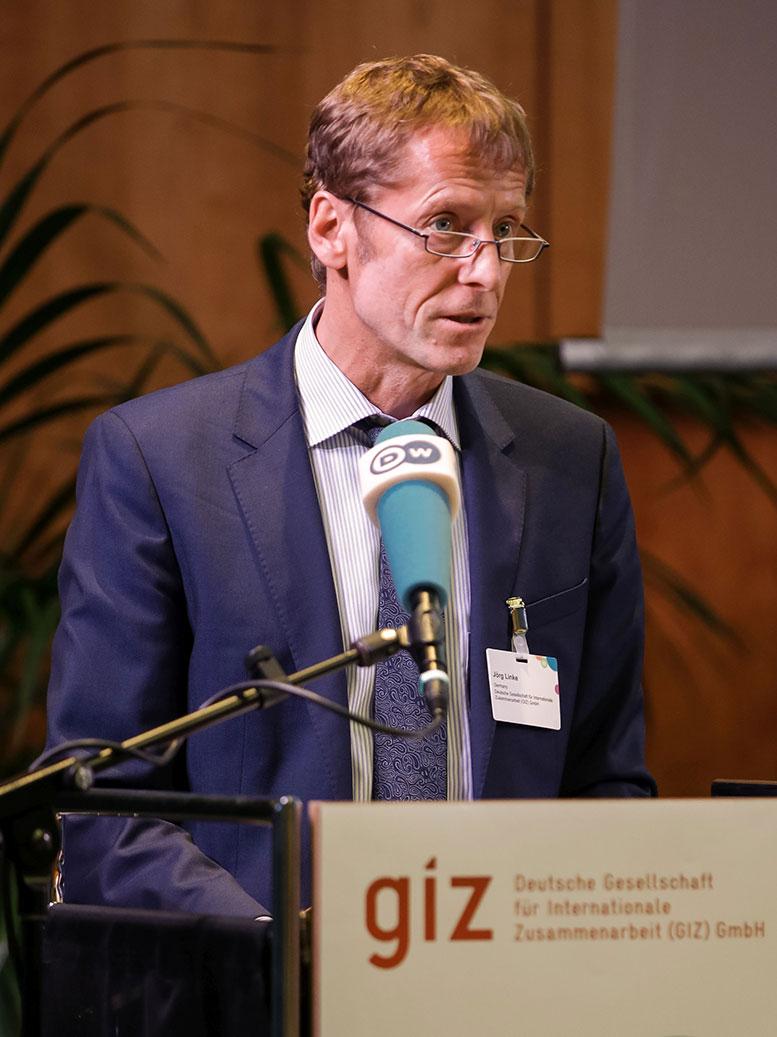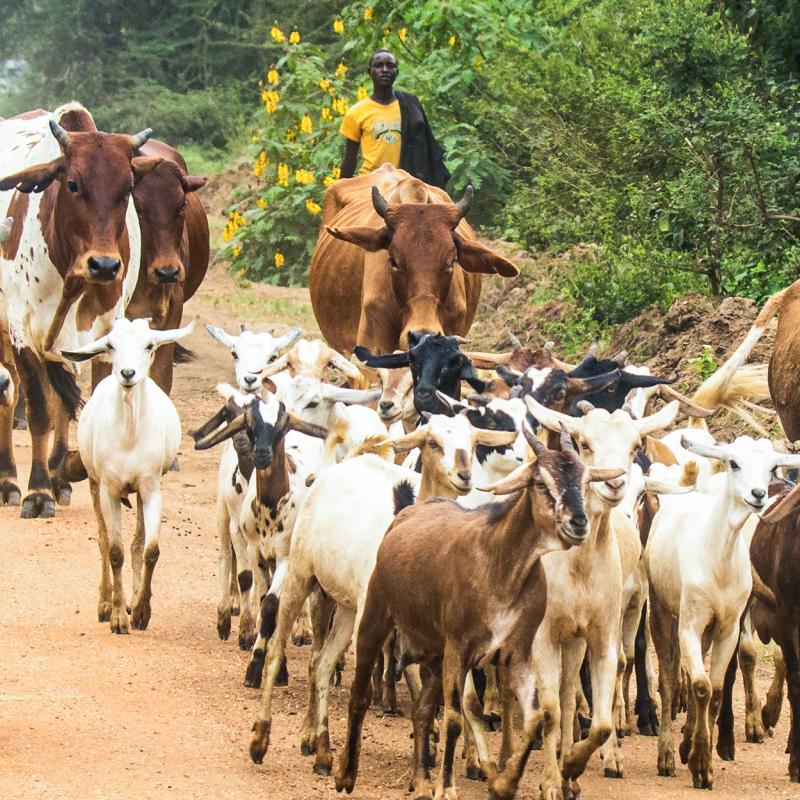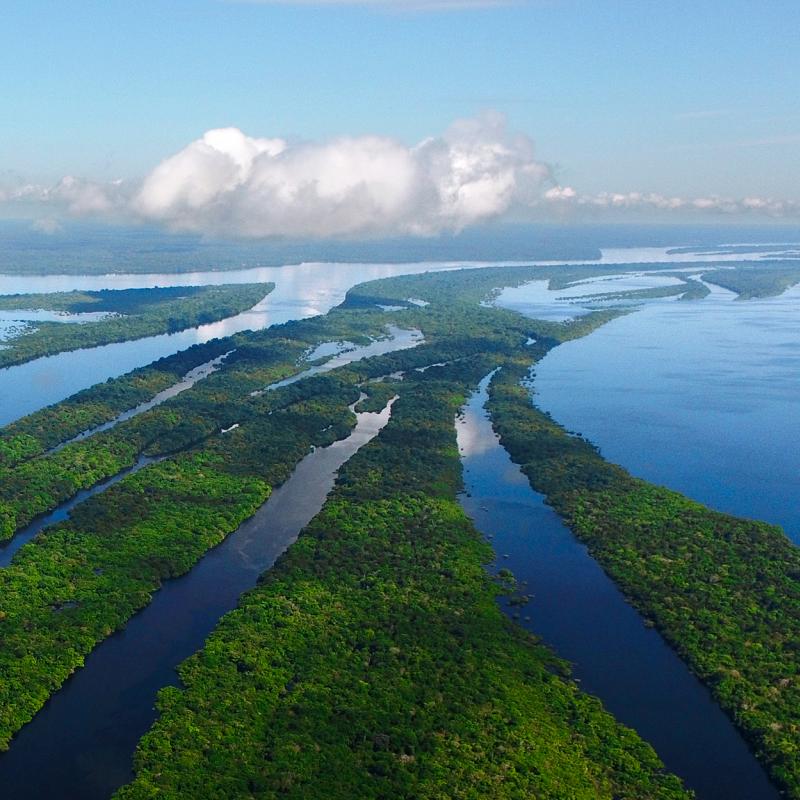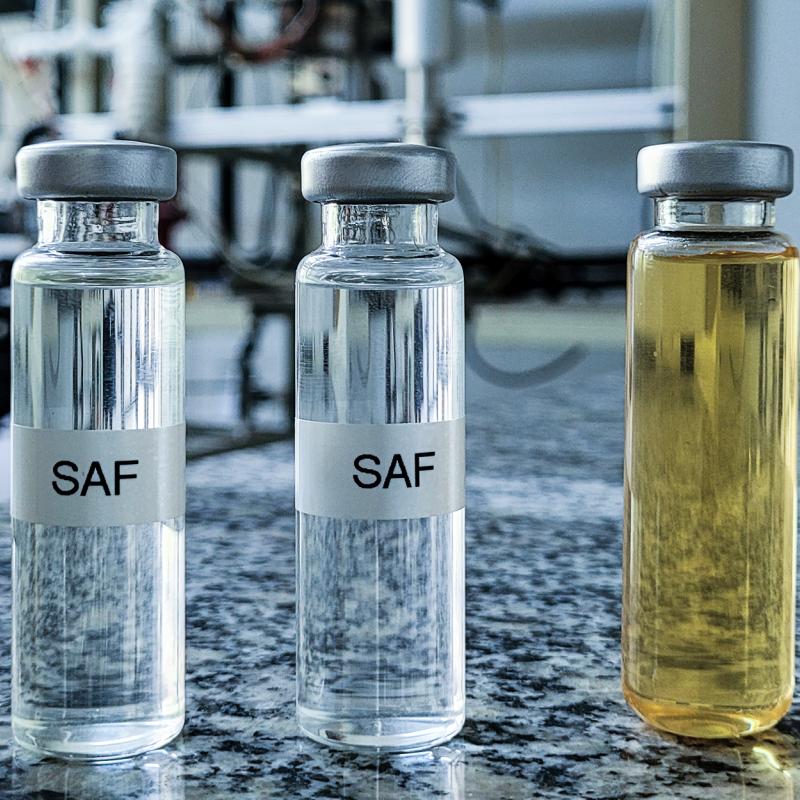 Estevam Costa/PR
Estevam Costa/PR
‘After COP29, the world is now looking ahead to Brazil’
The COP29 UN Climate Change Conference in Azerbaijan ended with relatively little to show in the way of progress. In an interview with akzente, Jörg Linke, Head of GIZ’s Competence Centre for Climate Change, explains why hopes are now turning to COP30 next year in Belém.
Mr Linke, what’s your view of the outcome of COP29 in Azerbaijan?
Some people are saying it was a failure. I don’t see it that way. There’s always at least some progress. Having said that, yes, it could and should have been more ambitious. The focus at this COP was on finance, and on that subject a compromise was actually reached. The COP also agreed on a joint set of rules for the voluntary carbon market. Those rules allow countries to work together on their climate targets. That means carbon mitigation credits from one country can be traded and counted towards another country’s target. However, the commitment to a fossil fuel phase-out that was agreed for the first time last year at COP28 didn’t make it into the declarations, and that’s regrettable.
So was the mood at the UN Climate Change Conference quite negative?
Actually, the mood at the various side events in Baku was really good, with lots of great presentations showing what states and organisations are doing to slow climate change – in areas such as mobility, transport, agriculture and construction.
When it came to the negotiations, however, right from the start there was a lobby trying to hold up the talks, prevent progress and weaken draft texts. That put a damper on the general mood, as did the knowledge of an impending change in government in Washington and the likelihood of the US again withdrawing from the Paris Agreement.
Everyone’s now hoping for more ambitious outcomes next year at COP30 in Brazil. All the more so given that the average global temperature is still increasing. According to a report published by the World Meteorological Organization shortly before COP29 in Baku, the figure for first nine months of 2024 had already passed the 1.5-degree mark, setting a new record.
You mentioned a compromise on finance. What exactly was agreed there?
The climate finance goal was tripled from USD 100 to 300 billion a year. From 2026 onwards, wealthier countries will be expected to pay developing countries much more to fund climate mitigation and adaptation measures.
For the first time, that will include the contributions of all the multilateral development banks. Strong emerging market countries such as China and the Gulf states are also called on to contribute. I think that’s as it should be. The world is evolving, and power is shifting. That needs to be reflected in the level of international contributions.
According to calculations published in the run-up to COP29, the amount needed every year to fund climate mitigation and adaptation in developing countries is USD 1.3 trillion. The figure agreed was well below that, although it’s still an important milestone in climate negotiations. As a longer-term goal, all actors are called on to increase the total amount of climate finance for developing countries to USD 1.3 trillion a year by 2035.
Were any of the COP29 outcomes particularly important from GIZ’s perspective?
Yes. Apart from the agreements I’ve already mentioned, 30 countries signed a Declaration on Reducing Methane from Organic Waste. The list of signatories includes seven of the world’s biggest methane emitters. The goal is to reduce methane emissions by 30 per cent by 2030. That’s important, and it affects GIZ, too, as we’re already active in this area on behalf of the German Government. It’s often said that reducing CO2 is like running a marathon, whereas cutting methane is like a sprint. That’s because you can make a big difference in a short period. It would be great to see other countries joining that race.
 wolterfoto.de/Norbert Ittermann
wolterfoto.de/Norbert Ittermann
Jörg Linke, Head of GIZ’s Competence Centre for Climate Change


